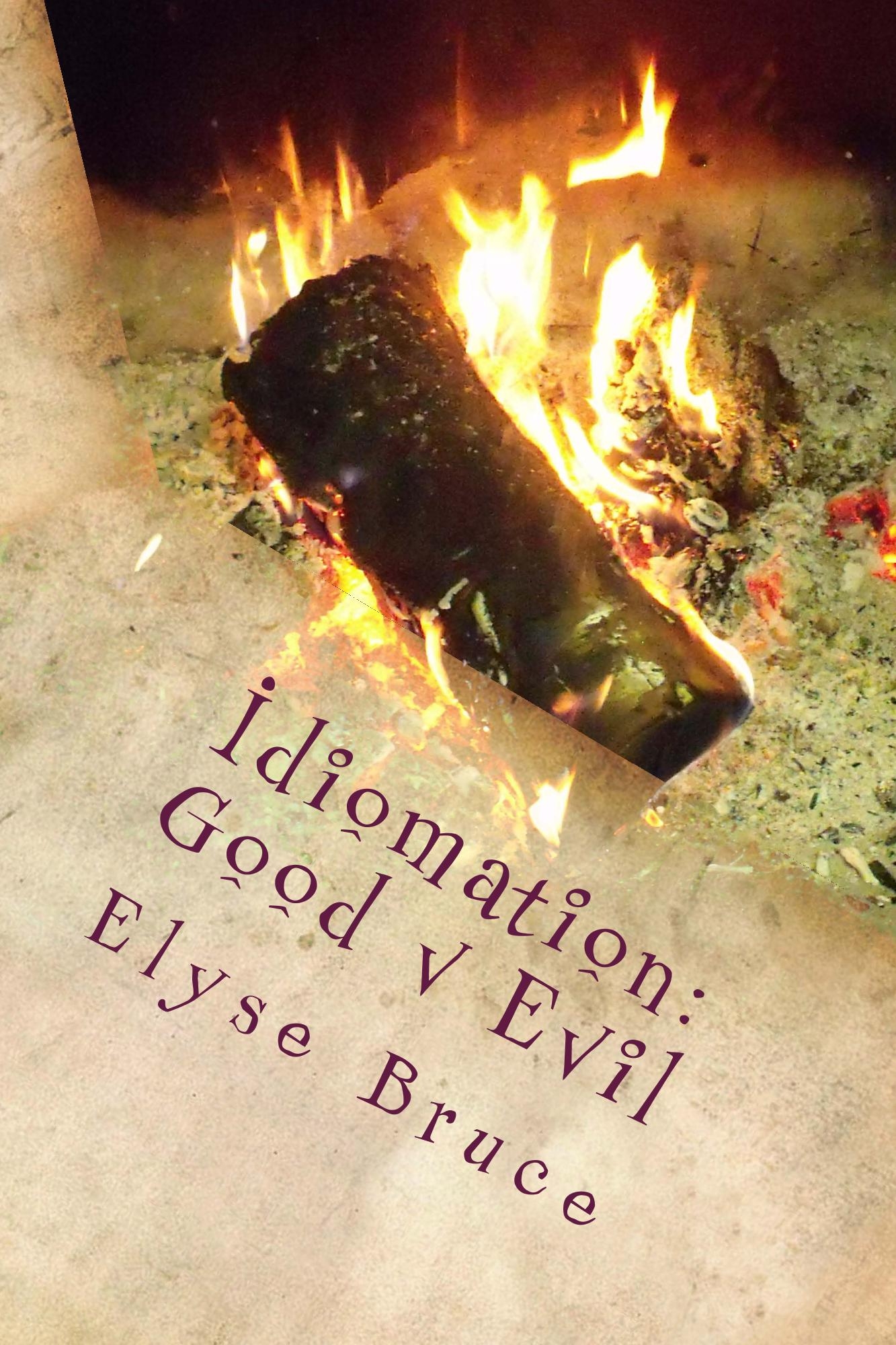It’s an expression that’s been used often — sometimes well, sometimes incorrectly — and packs a punch with its delivery. What it means is that while those who are cowardly oftentimes experience the dread that comes from facing death whenever they are confronted with difficult situations they would rather not acknowledge or address. Those who are brave, however, face the challenges and obstacles that life throws at them and only experience the dread that comes from facing death when they actually face death.
The “many deaths” cowards experience is the repeatedly overwhelming fear that paralyzes the person emotionally (and sometimes physically as well if the level of fear is great enough), refusing to deal appropriately with the situation at hand. Those who are brave, deal with the situation at hand, and accept the roses and thorns that come with dealing with the situation at hand.
In a Letter to the Editor in the April 12, 1988 edition of the New York Times, Cameron S. Moseley of New York City wrote about a discussion he’d had with William Elwell of Waterbury (CT). Mr. Elwell talked about a visit from a former student of his who hadn’t excelled academically when he taught him. The former student was in the Army Air Forces and had this to say about his high school English class:
“I wanted to tell you that something I learned in your class helped get me through my missions as a tail gunner. I kept repeating it to myself over and over: Cowards die many times before their deaths; The valiant never taste of death but once.”
He ended the story by stating that it was moments like that one that made teaching Julius Caesar worth the effort.
The Fielding Star newspaper of September 4, 1916 chose an intriguing way to showcase the quote from Shakespeare’s play, announcing it thusly:
Melbourne, September 4.
Probate to the amount of £29,662 was paid on the estate of Madame Melba’s father (Mr. Mitchell).
“Cowards die many times before their deaths. The valiant never taste of death but once.” – Shakespeare.
The oft-repeated quote is found in Act II, Scene II of Julius Caesar by William Shakespeare, believed to have been written in 1599.
CAESAR:
Cowards die many times before their deaths.
The valiant never taste of death but once.
Of all the wonders that I yet have heard,
It seems to me most strange that men should fear,
Seeing that death, a necessary end,
Will come when it will come.
An earlier version of this concept is found in a manuscript by English poet, Michael Drayton (1563 – 23 December 1631) entitled, “Mortimeriados: The Lamentable Ciuell Vvarres of Edward the Second and the Barrons.” It was published in 1596 and contains this passage:
A person who lacks courage is disgraced each time he faces adversity.
It appears to have been a common theme even back then. Since Shakespeare was the better known of the two, it’s understandable that Michael Drayton‘s version would be overlooked in favor of William Shakespeare‘s. That being said, it’s unlikely that the thought originated with either of these gentlemen and so while neither expression can be traced back any further than the 1590s, it’s not unlikely the expression was around since at least the 1550s and most likely long before then.

